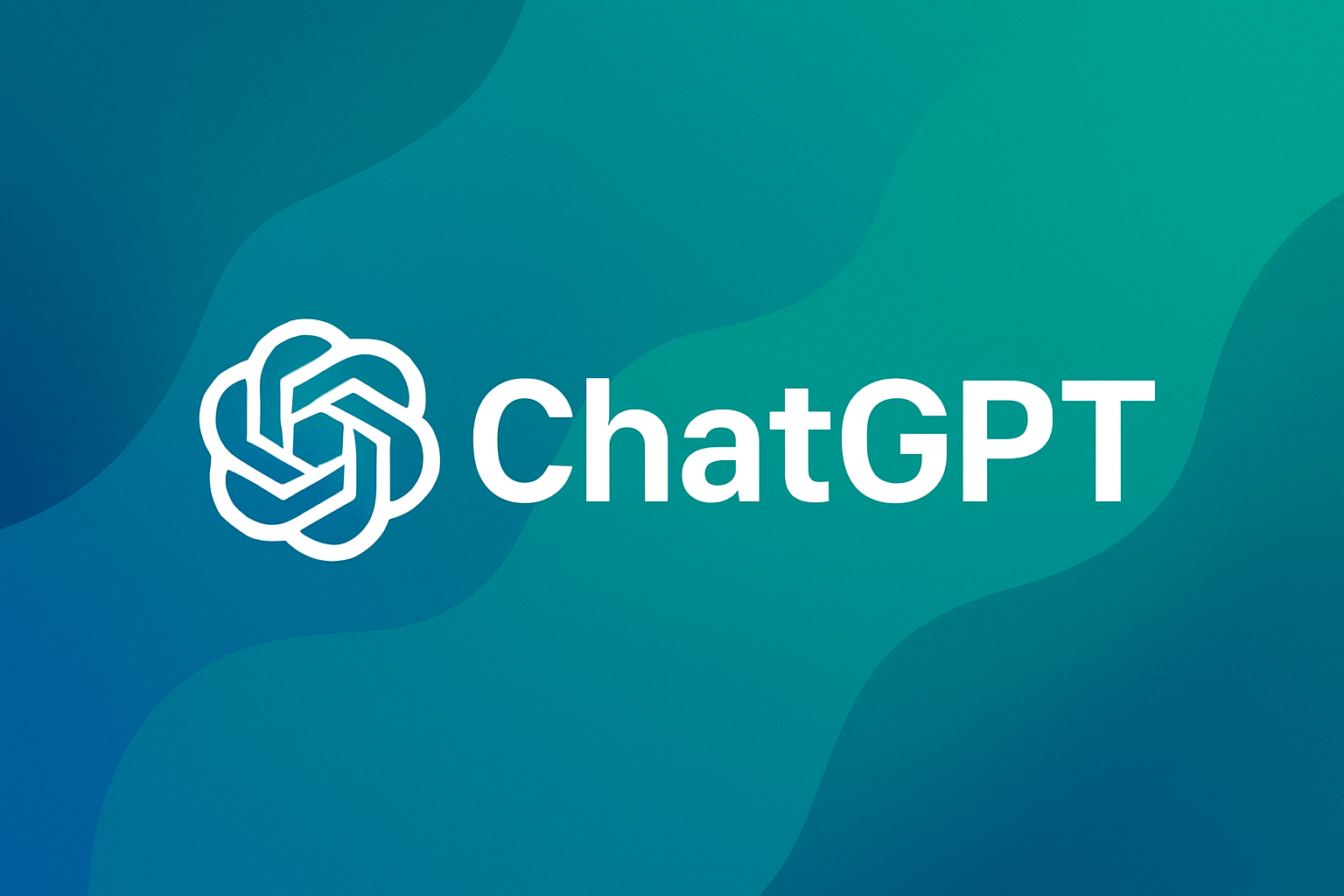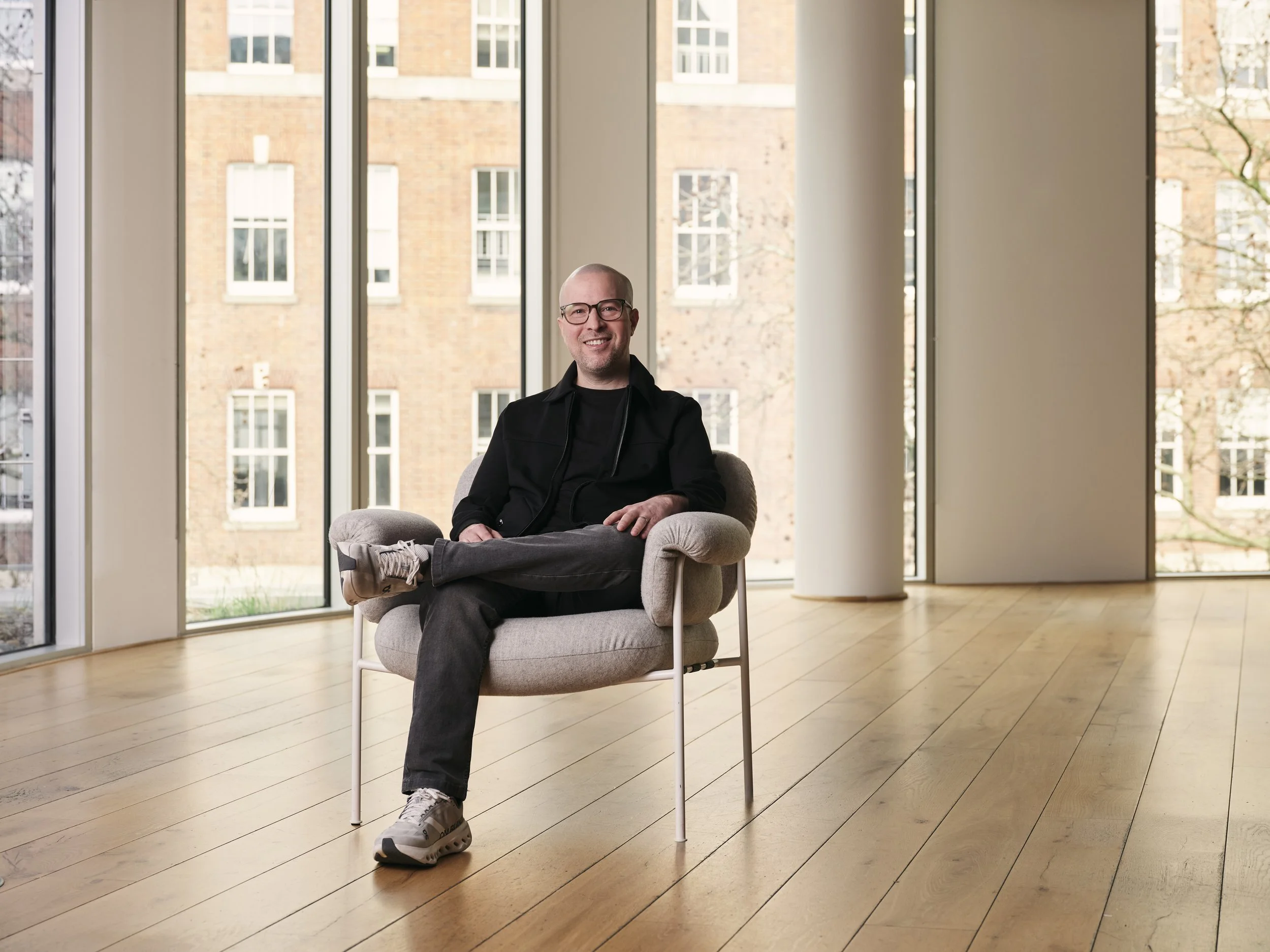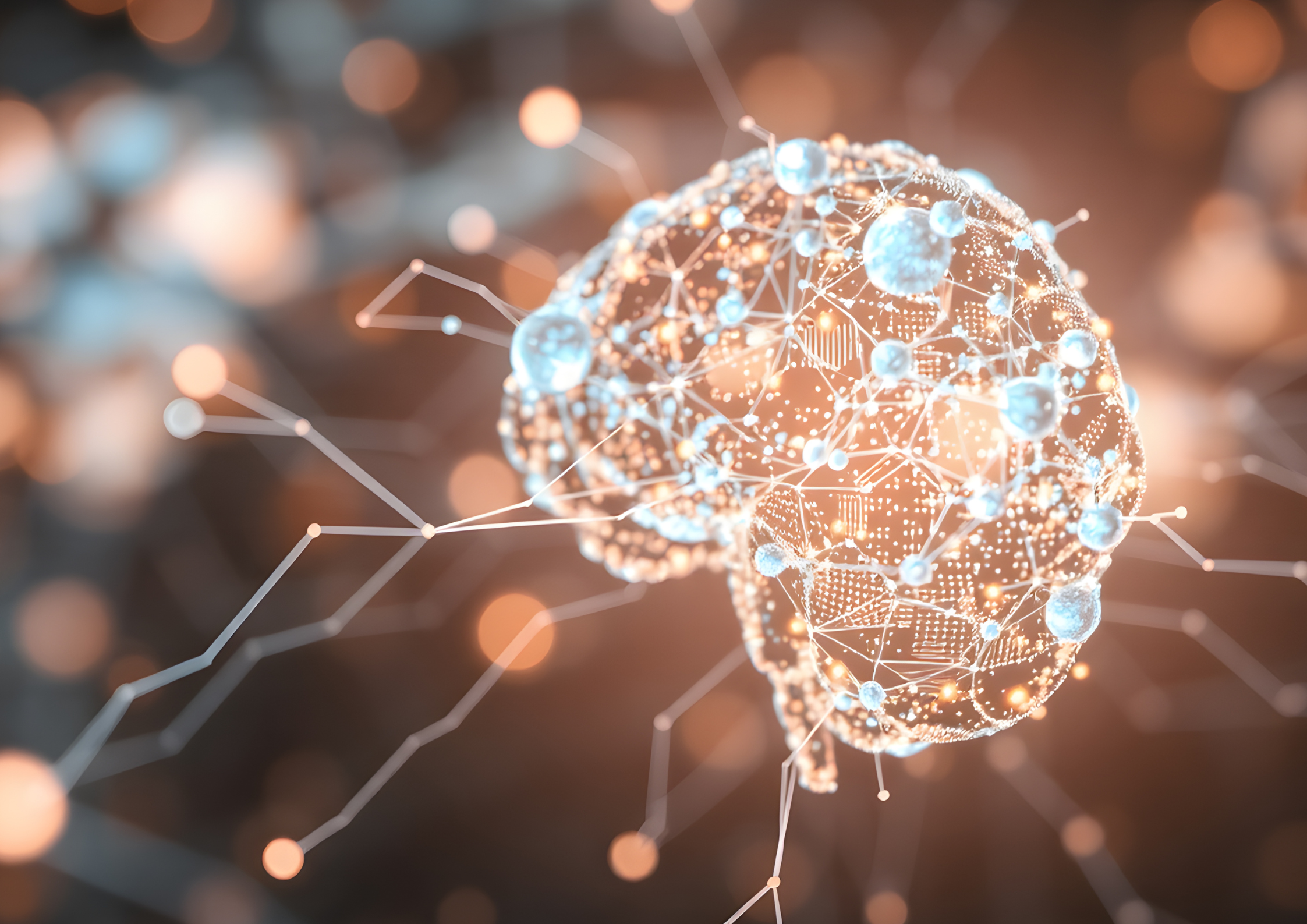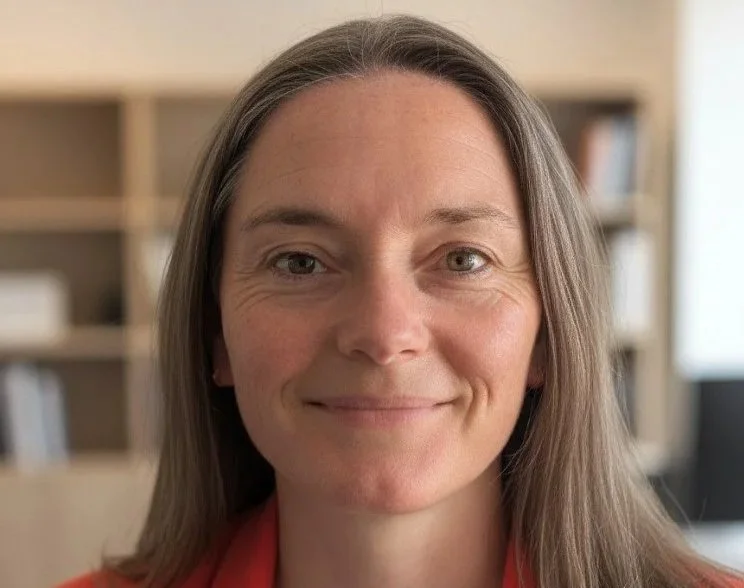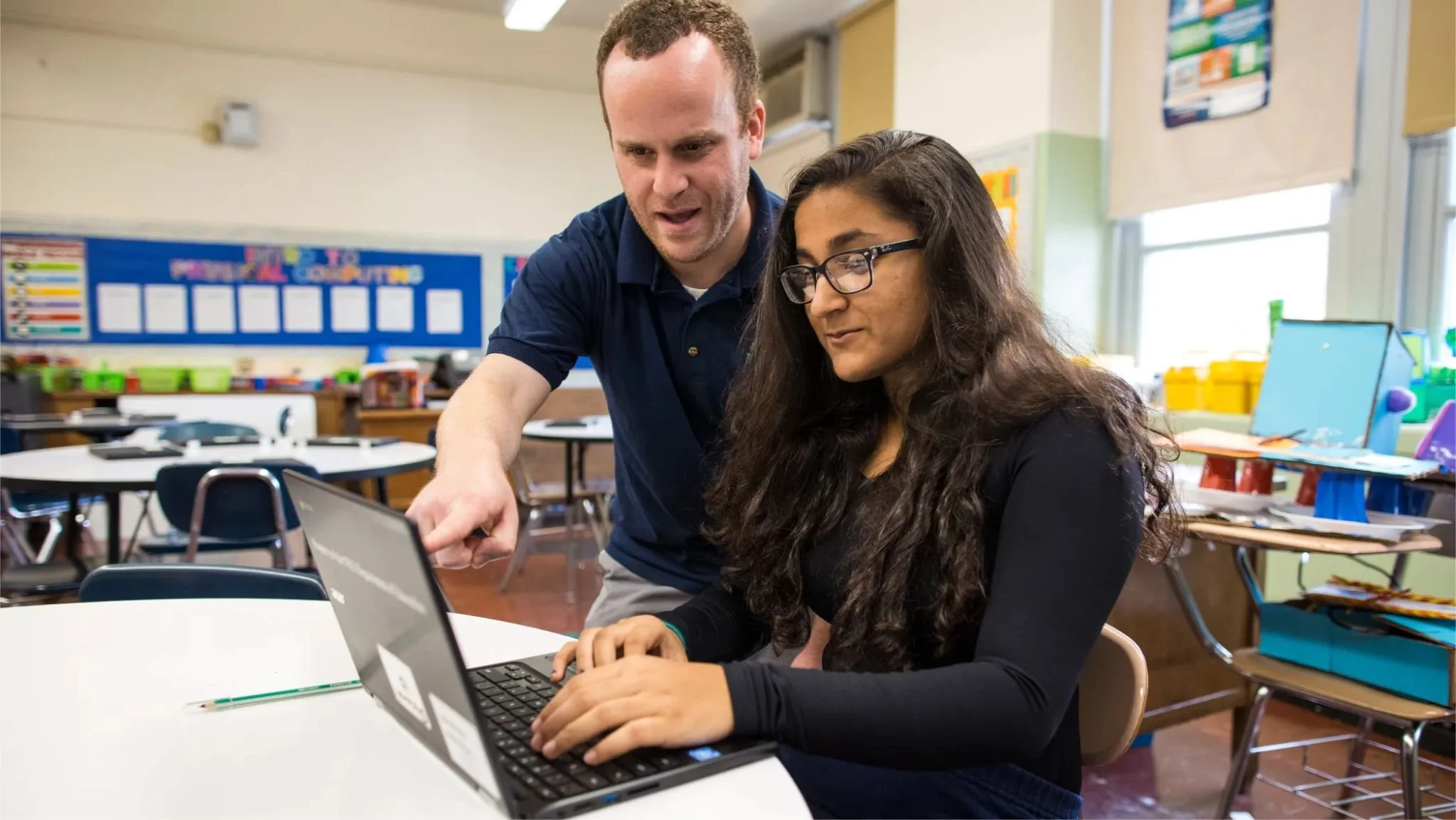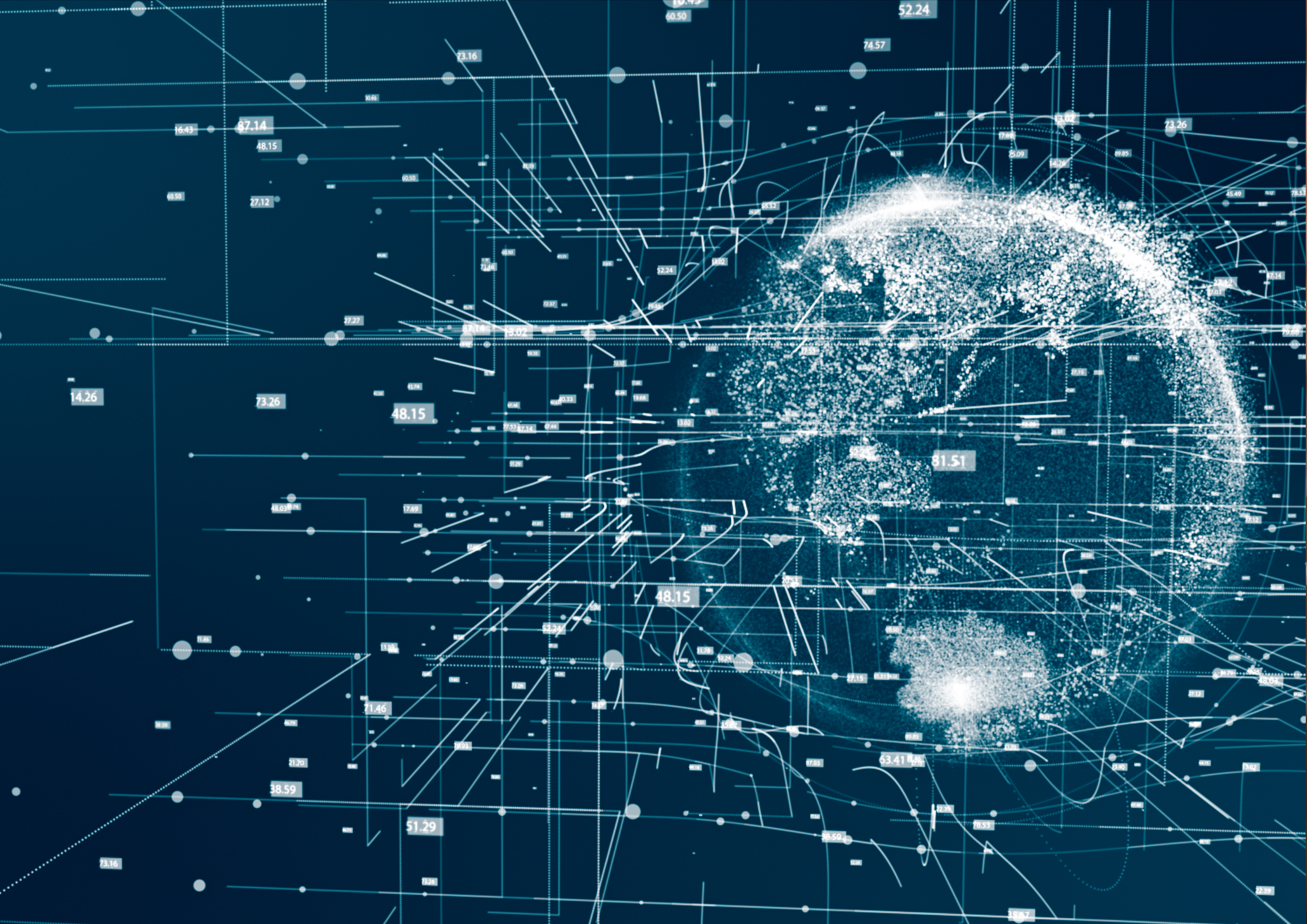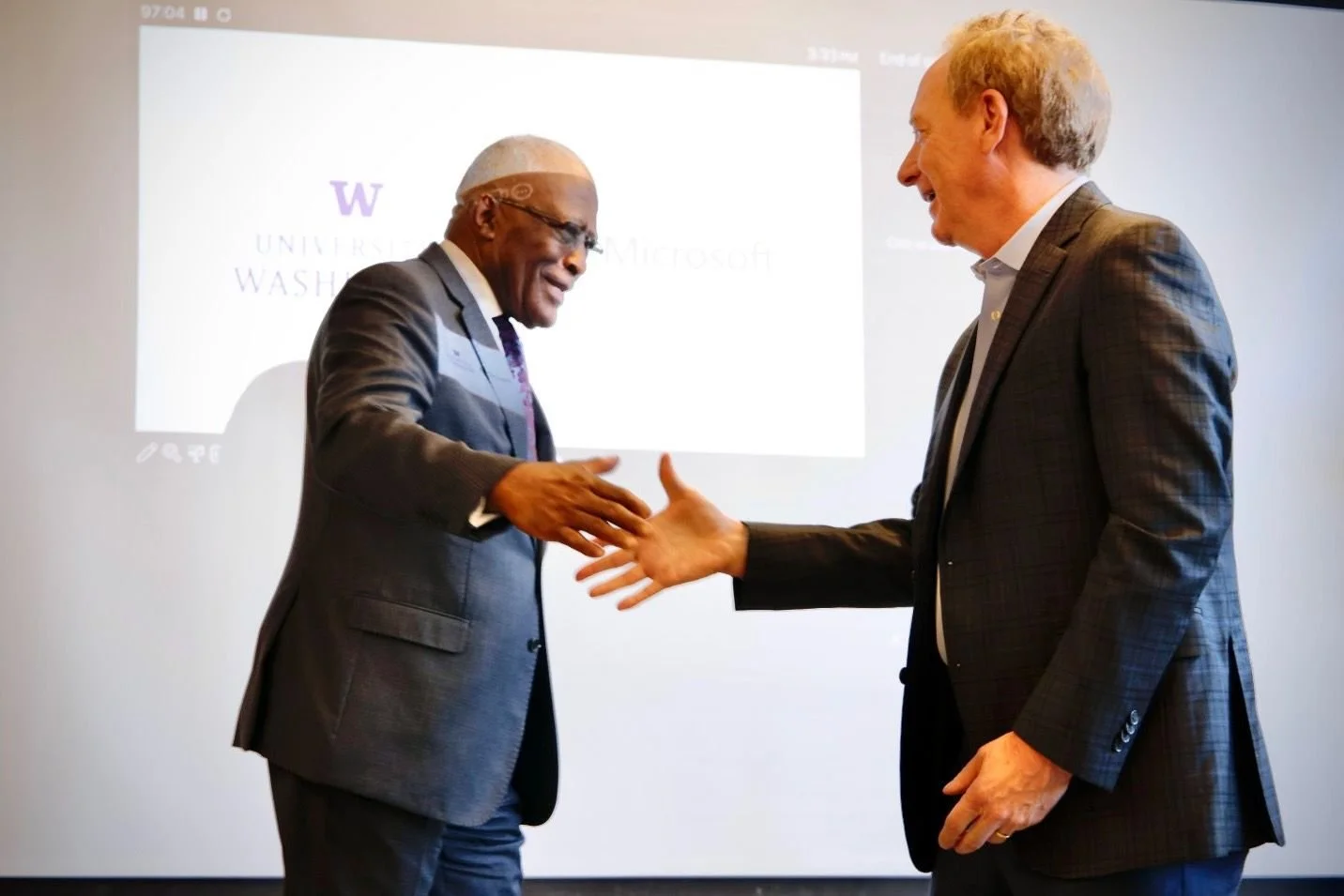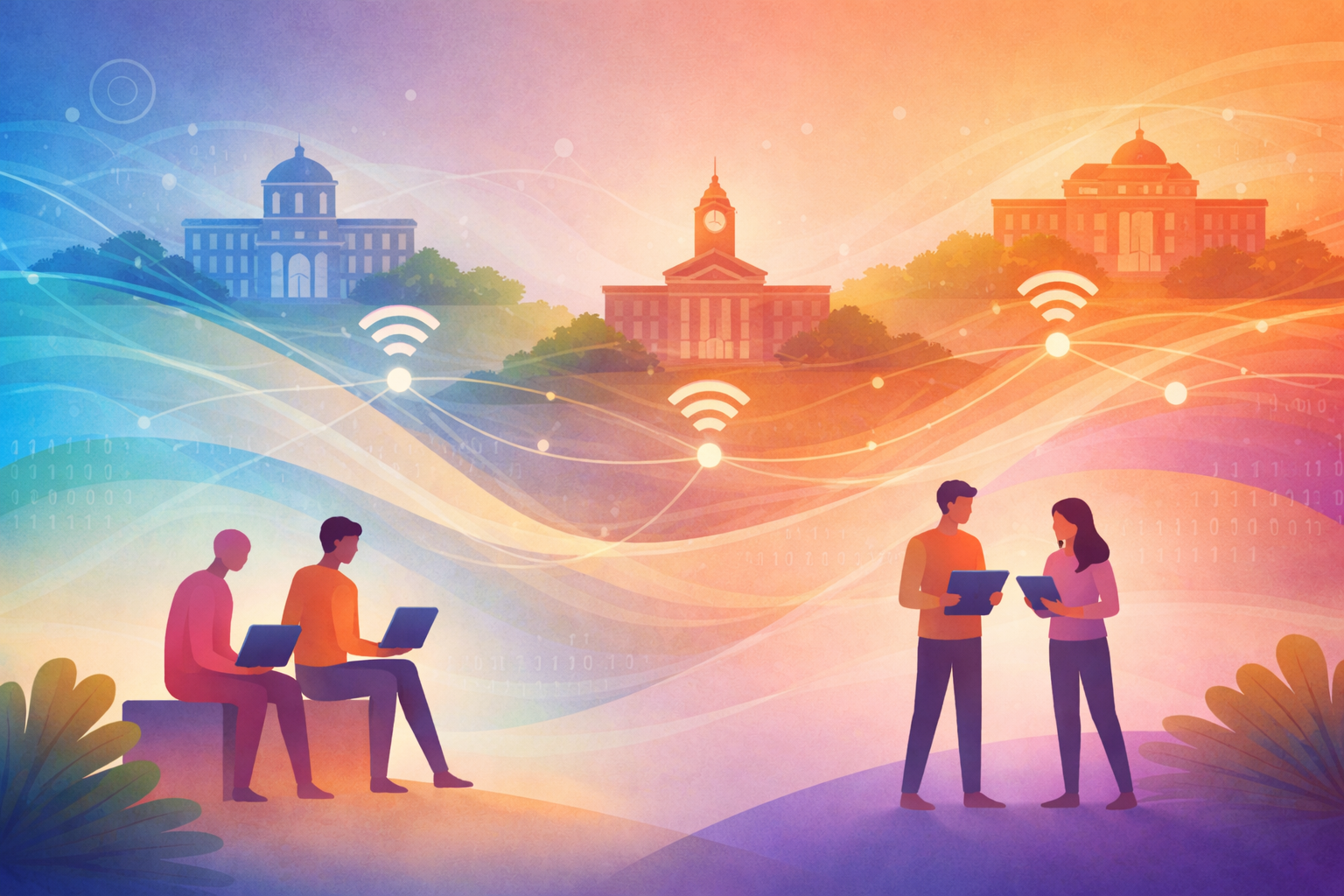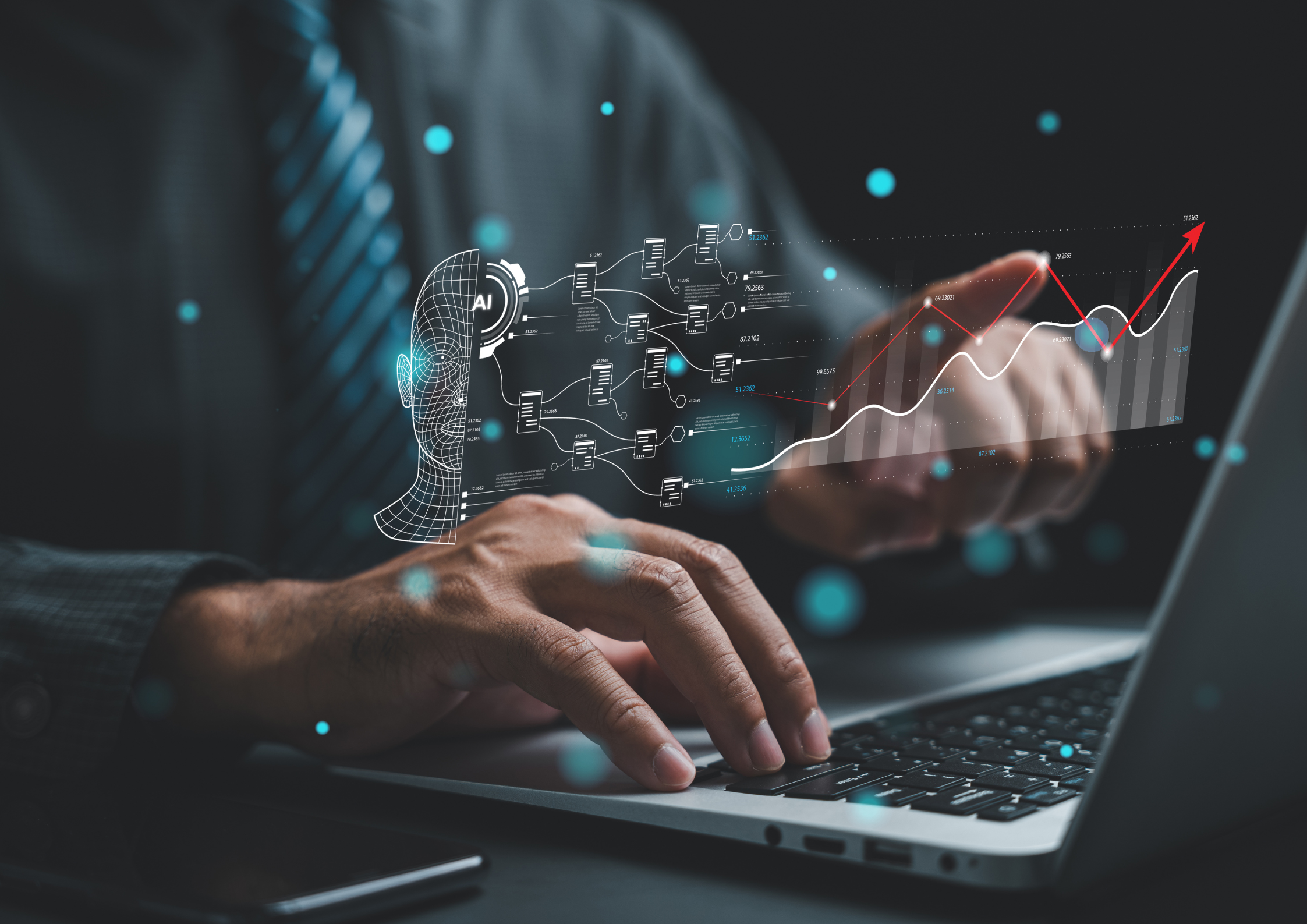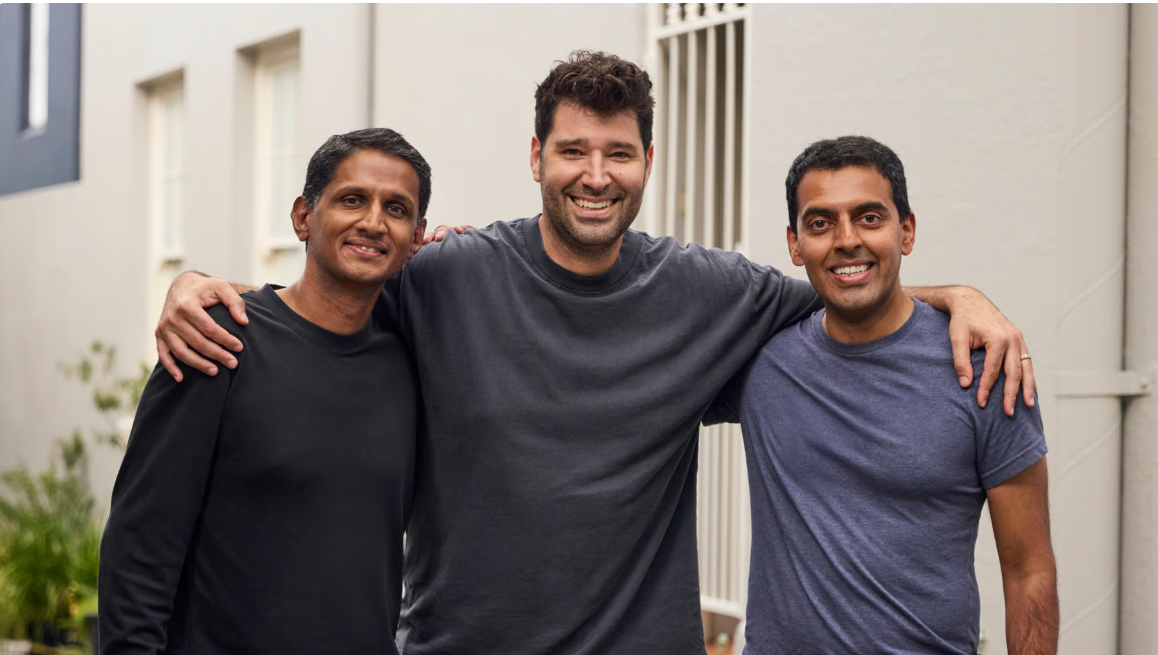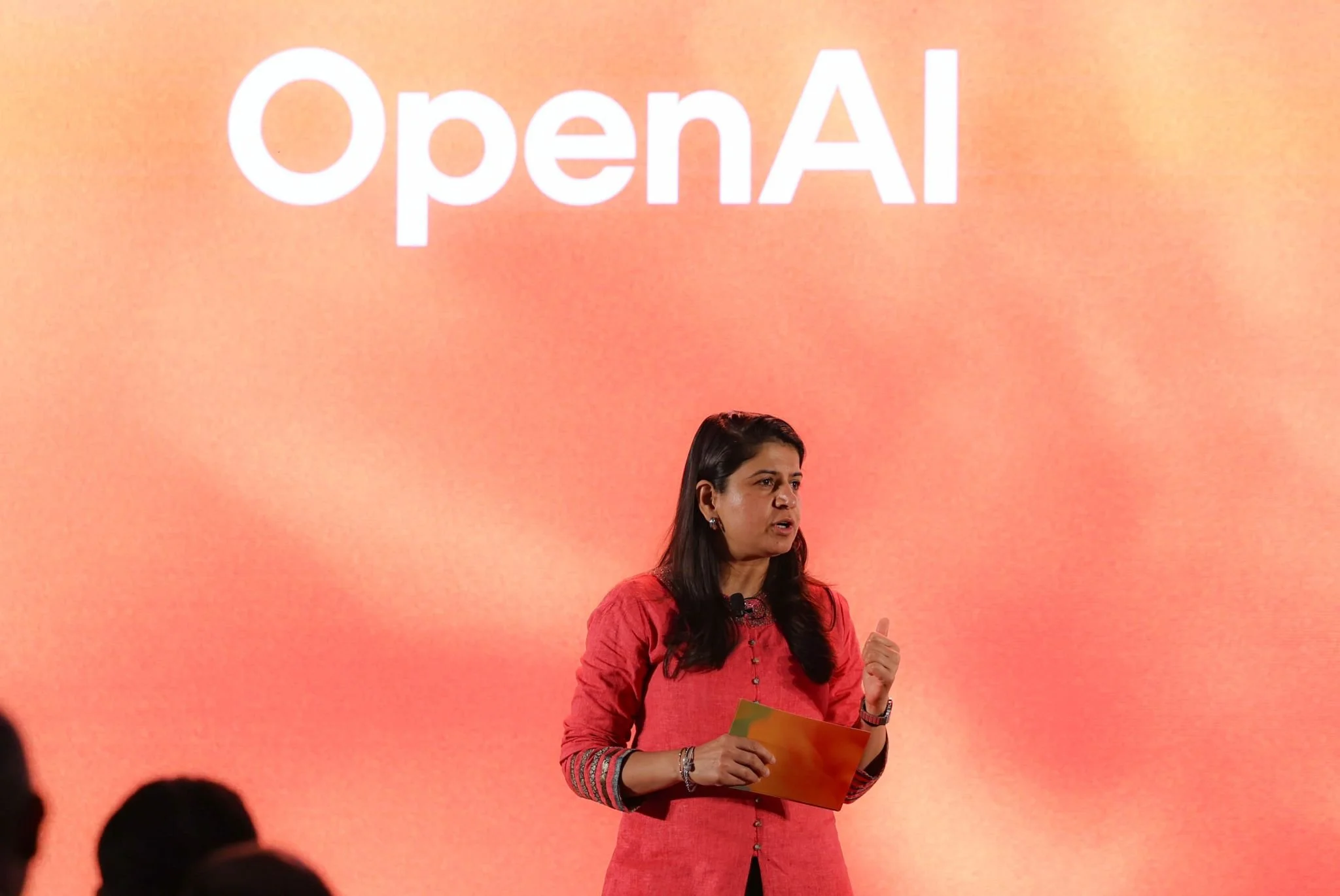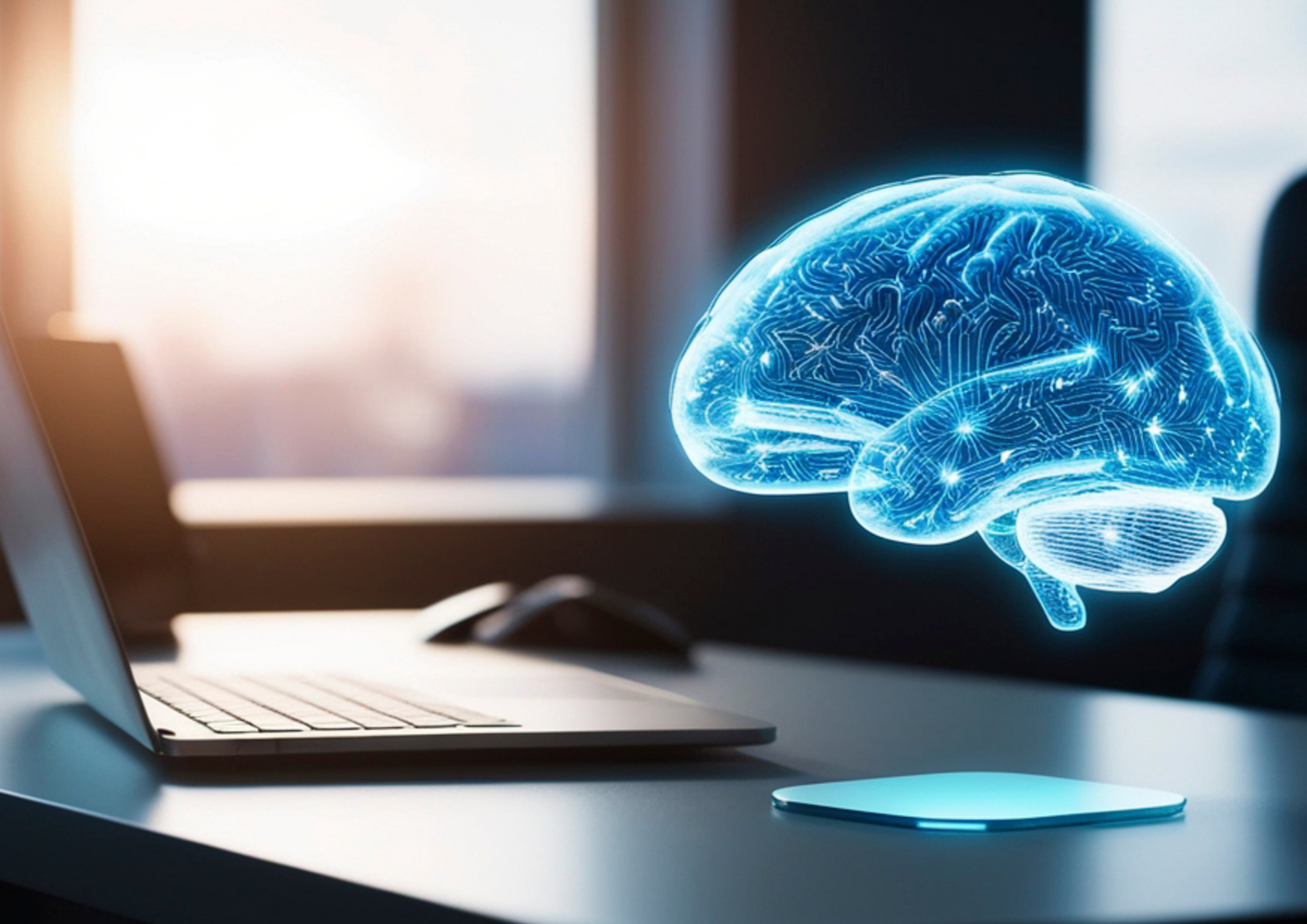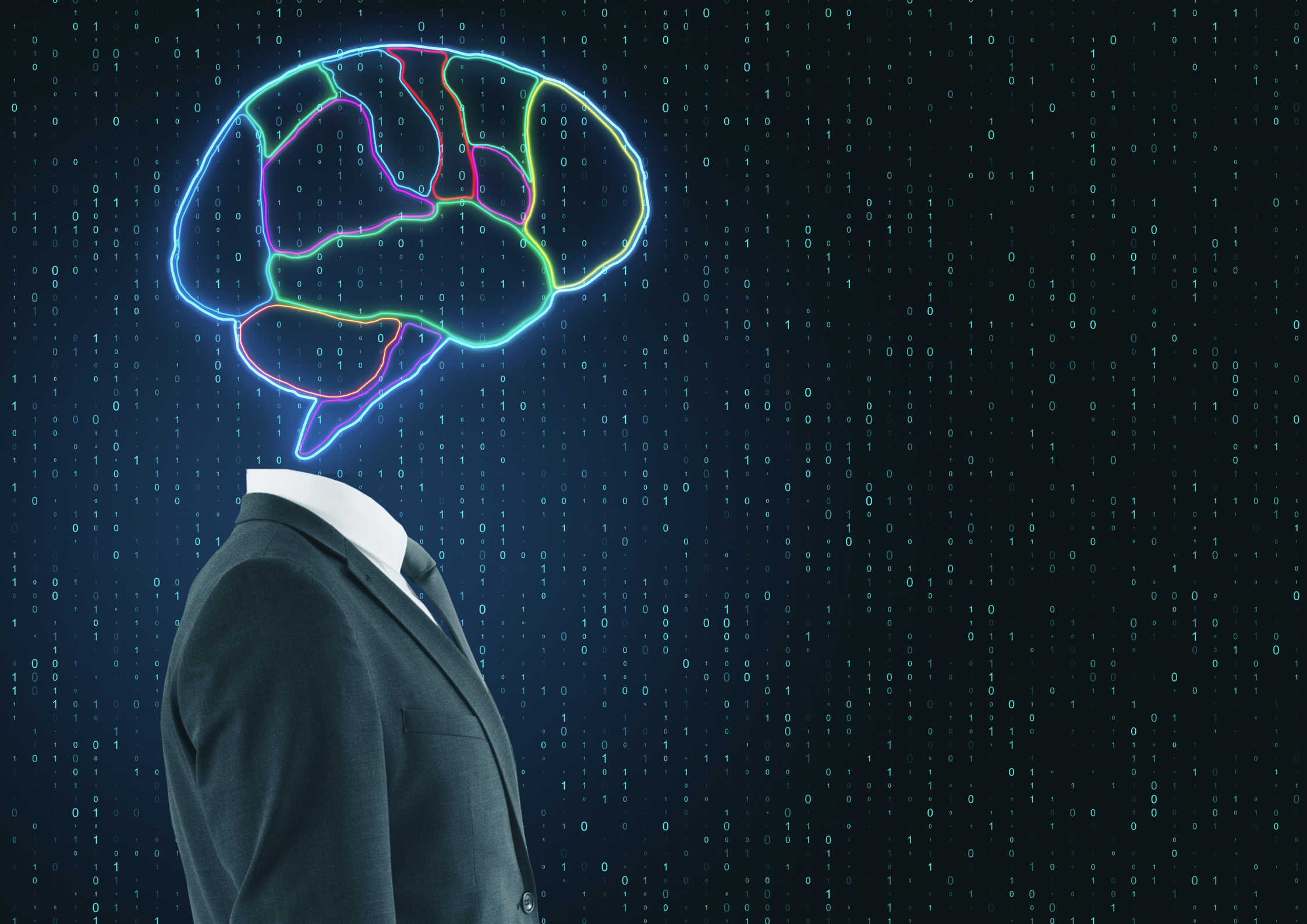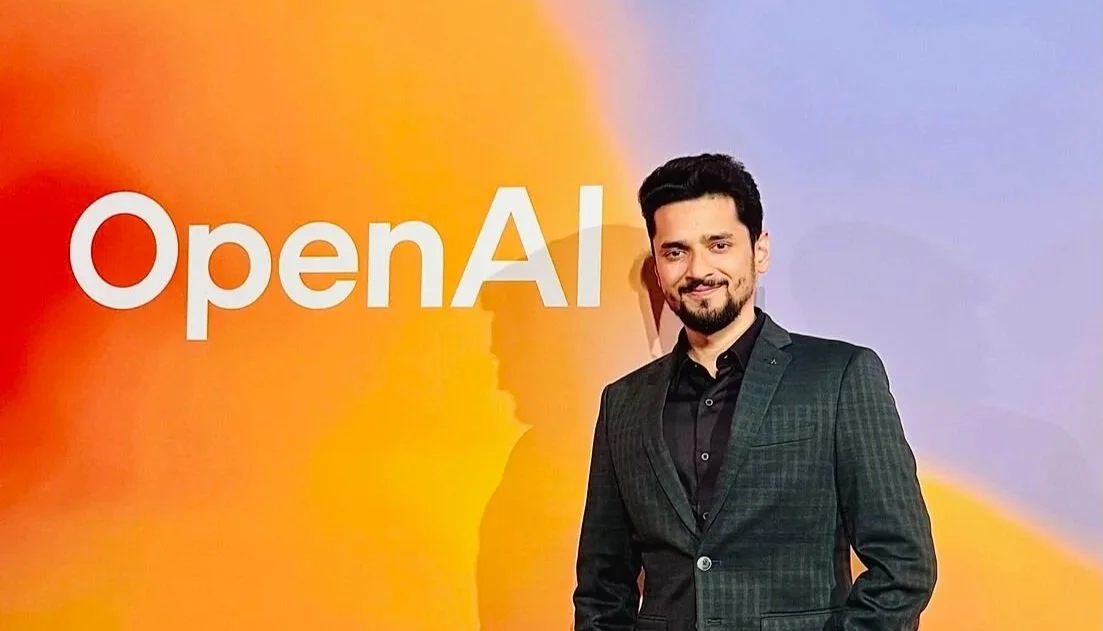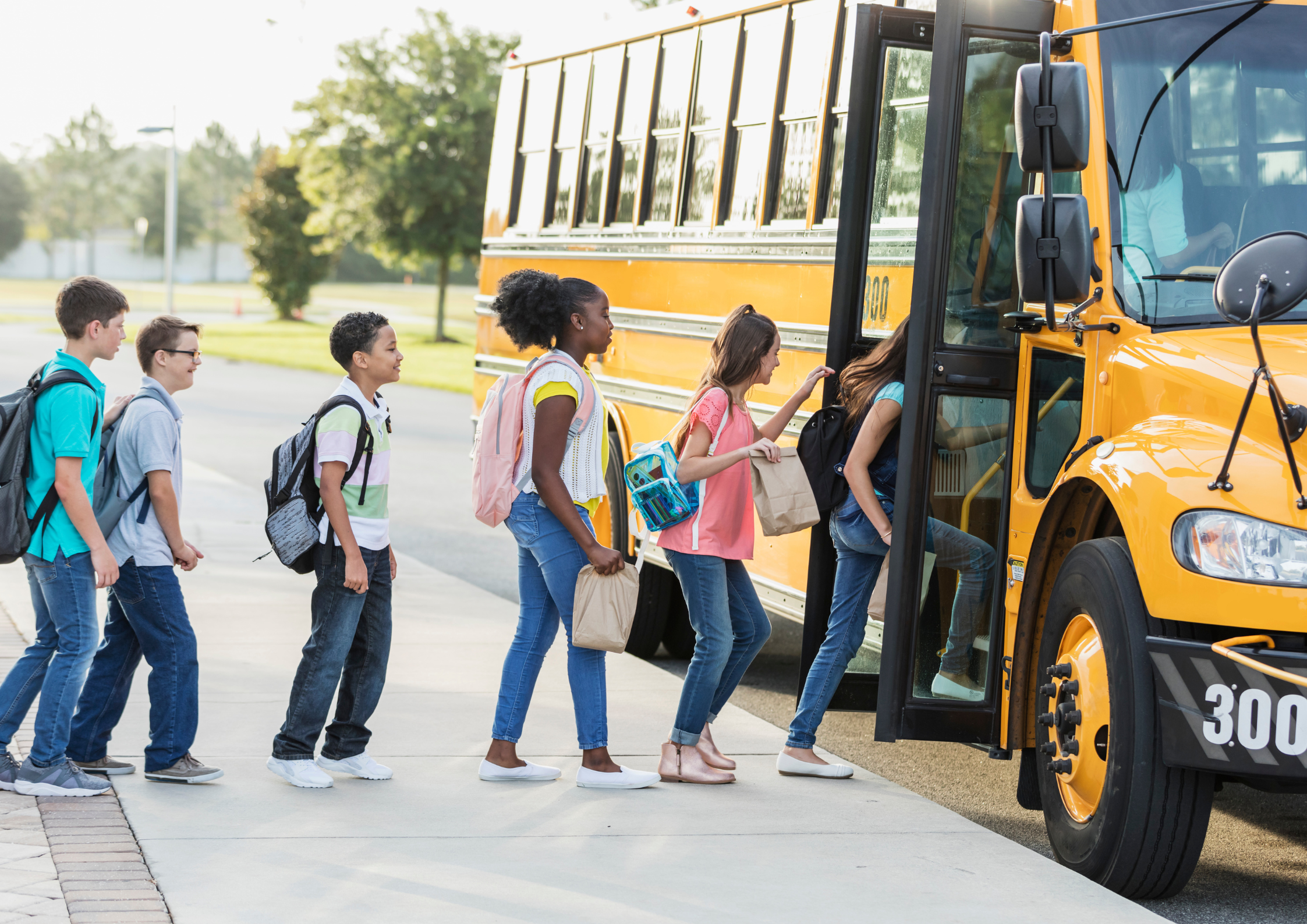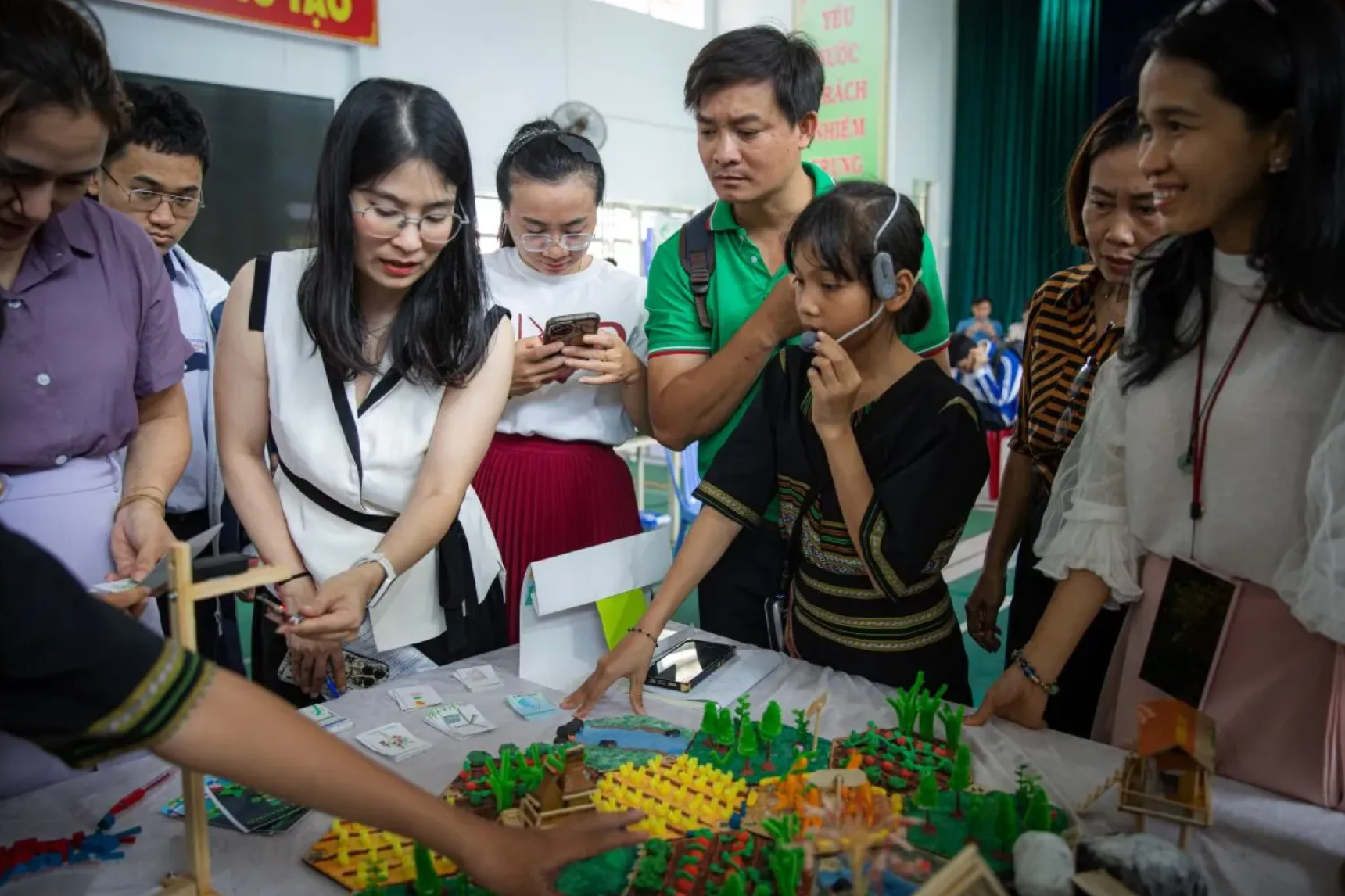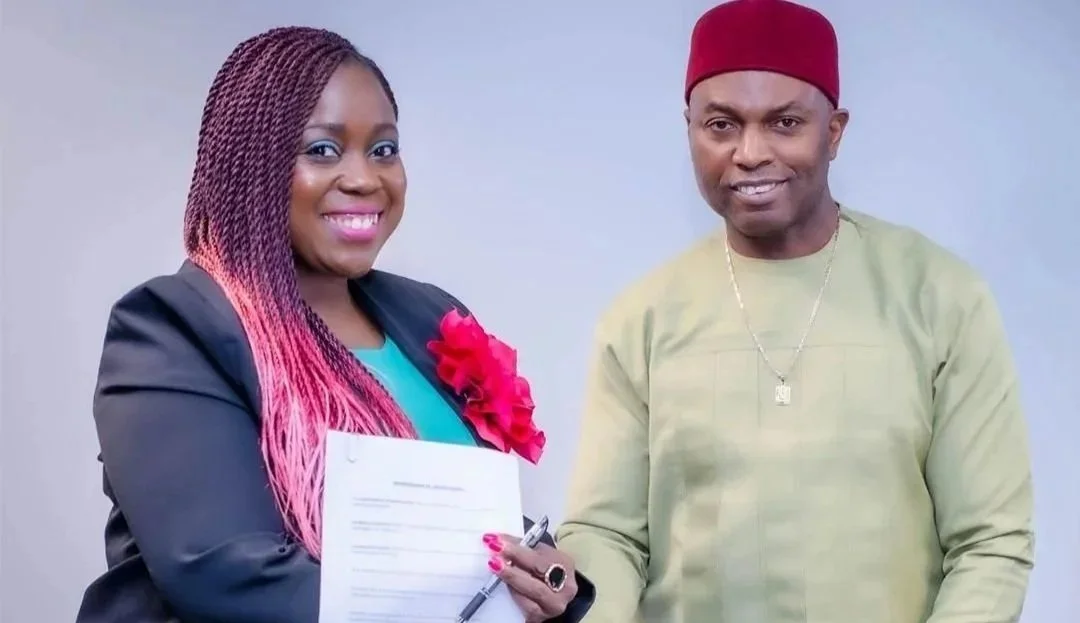Lawsuit filed against OpenAI and Sam Altman as company responds with new safety measures
A lawsuit has been filed in San Francisco against OpenAI and CEO Sam Altman by the parents of a 16-year-old boy who died by suicide.
The case alleges ChatGPT validated the teenager’s suicidal thoughts, discouraged him from talking to his parents, and the AI even drafted multiple suicide notes.
Legal perspectives raised on LinkedIn
Writing in a LinkedIn post, Artur Rudstein, Senior Counsel at Wargaming, describes the case as potentially pivotal. He notes: “Commenting on this is not easy… And it’s as controversial as asking: is a gunmaker responsible for what someone does with a gun?”
He adds that the case highlights urgent priorities:
“AI safety systems need to be stronger”
“Processes must be in place to hard-block sensitive, life-threatening conversations”
“Minors and vulnerable groups will remain at the center of this debate for a long time”
Rudstein warns: “Our lives are now deeply intertwined with digital worlds. It’s easy to lose track of reality, and this won’t be the last case we see (unfortunately). Companies need to proactively think about prevention, not just reaction.”
OpenAI response
Following the news, OpenAI published a blog titled Helping people when they need it most. The company acknowledges that ChatGPT is sometimes used by people experiencing “serious mental and emotional distress.” It outlines existing safeguards, including training models not to provide self-harm instructions, nudges to take breaks in long conversations, and directing users to hotlines such as 988 in the US and Samaritans in the UK.
OpenAI says: “Our top priority is making sure ChatGPT doesn’t make a hard moment worse.” The company points to improvements in GPT-5, describing it as more reliable in avoiding unhealthy levels of emotional reliance and in reducing unsafe responses during mental health emergencies.
OpenAI says GPT-5 uses a new training method called “safe completions,” which aims to keep answers helpful but within safety limits, even if that means providing only partial or high-level responses.
Future updates will include stronger protections for teenagers, new parental controls, and localized crisis resources. OpenAI says it is also exploring one-click access to emergency services, earlier interventions that could connect users to licensed professionals, and the option for teens (with parental oversight) to designate a trusted emergency contact.
Rudstein concludes that accountability for AI will remain under scrutiny, writing: “Ultimately: AI needs to get better. We need to get better. Through education about how AI works, how to use it responsibly, and how not to depend on it blindly. This case is heartbreaking. But it may also become a change for building safer, more accountable AI.”

